 In Louisiana, the objection of prescription extinguishes a legal right of recovery when a party fails to exercise it over a given period of time. It is essentially a time limit on a claim, which can be raised in a couple of ways. Typically, it is raised by a peremptory exception, but it can also be raised by way of a prescriptive motion for summary judgment. One defense to the objection of prescription is the doctrine of contra non valentem. This doctrine is used to “soften the occasional harshness of prescriptive statutes.” Carter v. Haygood, 892 So.2d 1261, 1268 (La. Ct. App. 2005). A 2015 case from the Louisiana Fourth Circuit Court of Appeal discusses the operation of contra non valentem when pleaded in opposition to a peremptory exception or prescriptive motion for summary judgment.
In Louisiana, the objection of prescription extinguishes a legal right of recovery when a party fails to exercise it over a given period of time. It is essentially a time limit on a claim, which can be raised in a couple of ways. Typically, it is raised by a peremptory exception, but it can also be raised by way of a prescriptive motion for summary judgment. One defense to the objection of prescription is the doctrine of contra non valentem. This doctrine is used to “soften the occasional harshness of prescriptive statutes.” Carter v. Haygood, 892 So.2d 1261, 1268 (La. Ct. App. 2005). A 2015 case from the Louisiana Fourth Circuit Court of Appeal discusses the operation of contra non valentem when pleaded in opposition to a peremptory exception or prescriptive motion for summary judgment.
The dispute in this case arose out of a construction project in which Plaquemines Parish sought to rebuild a parish-oriented drainage pumping station damaged by Hurricane Katrina. Shortly before the project’s completion, M.R. Pittman Group, L.L.C. filed a lawsuit against Plaquemines Parish and several of the parish’s engineering firms. Plaquemines Parish answered, bringing a reconventional demand (or counterclaim as it is known in other states) against Pittman, alleging a tort-based property claim for damages to the pumping station’s wing wall, and a third-party direct action claim against Pittman’s insurer, Gray Insurance Company. Both Pittman and Gray sought to have Plaquemines Parish’s tort claim dismissed on the basis of prescription. Gray filed a peremptory exception of prescription while Pittman filed a motion for summary judgment adopting the reasons put forward by Gray in support of its exception. Plaquemines Parish argued that the doctrine of contra non valentem should apply to toll the one-year prescriptive period.
According to the Fourth Circuit, Louisiana recognizes four situations where contra non valentem applies to prevent prescription: “1) where there was some legal cause which prevented the courts or their officers from taking cognizance of or acting on the plaintiff’s action; 2) where there was some condition coupled with the contract or connected with the proceedings which prevented the creditor from suing or acting; 3) where the debtor himself has done some act effectually to prevent the creditor from availing himself of his cause of action; and 4) where the cause of action is not known or reasonably knowable by the plaintiff, even though this ignorance is not induced by the defendant.” In determining whether any of these categories apply, Louisiana courts will look at the individual circumstances of each case. Marin v. Exxon Mobil Corp., 48 So.3d 234, 245 (La. Ct. App. 2010).
 Louisiana Personal Injury Lawyer Blog
Louisiana Personal Injury Lawyer Blog


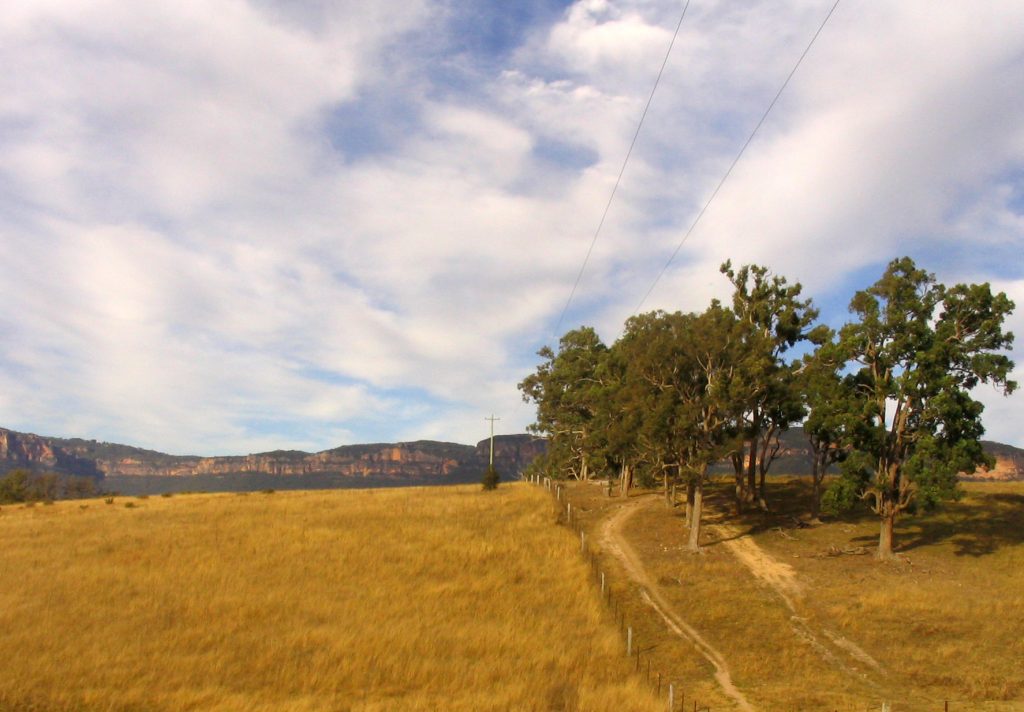 A land dispute in Evangeline Parish once again highlights the intricacies of Louisiana property law, and the need for an experienced lawyer if you ever find yourself involved in a property dispute. The dispute in question involves the title to 18 acres of a 23-acre tract of immovable property located in Evangeline Parish. Acme Land Company purchased the full 23 acres in 1910. In 1910, the property purchased by Acme was located in what was then St. Landry Parish, but the property was subsequently carved out with other immovable property to establish what is today Evangeline Parish, and the deed of acquisition is duly recorded in the conveyance records of Evangeline Parish.
A land dispute in Evangeline Parish once again highlights the intricacies of Louisiana property law, and the need for an experienced lawyer if you ever find yourself involved in a property dispute. The dispute in question involves the title to 18 acres of a 23-acre tract of immovable property located in Evangeline Parish. Acme Land Company purchased the full 23 acres in 1910. In 1910, the property purchased by Acme was located in what was then St. Landry Parish, but the property was subsequently carved out with other immovable property to establish what is today Evangeline Parish, and the deed of acquisition is duly recorded in the conveyance records of Evangeline Parish.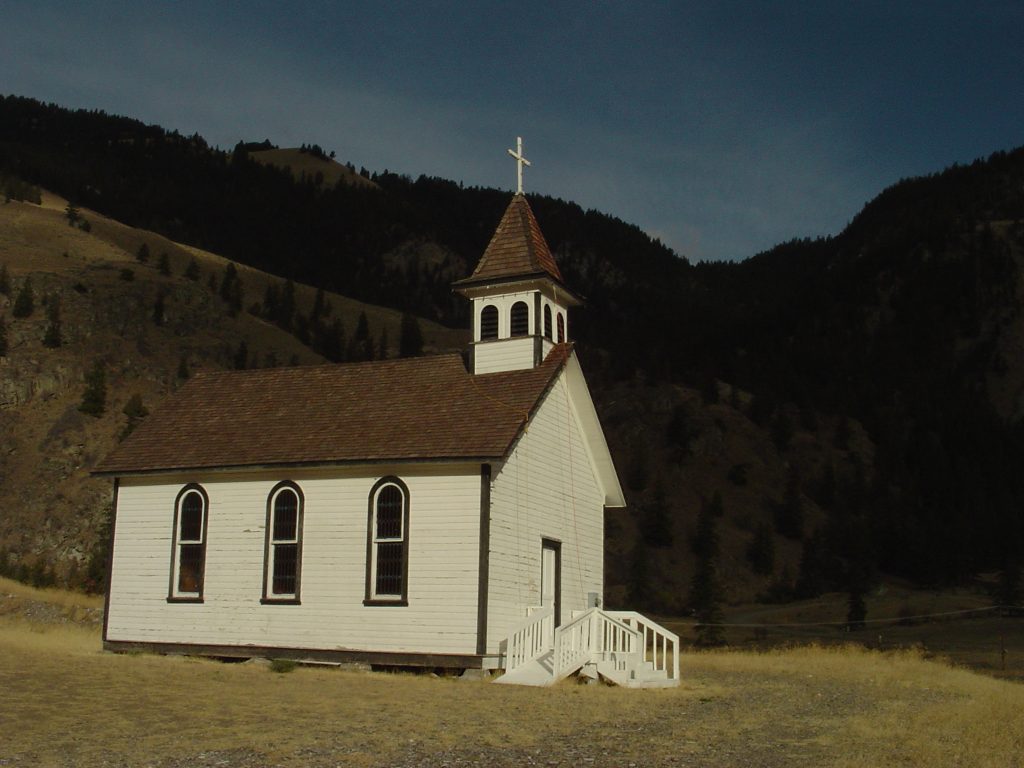 Suppose a pedestrian is hit by a driver who is leaving a poorly-maintained parking area in rural Louisiana that is little more than a partially cleared grassy area. The pedestrian sues the property owner and its insurers, among other defendants. Now suppose that this plaintiff, on being questioned in a deposition taken by the defendants’ attorneys, cannot articulate anything at all that the property owner did or did not do to cause this accident. Suppose also that the pedestrian fails to refute evidence that this type of unpaved, unmarked “clearing in the woods” parking area is common in rural Louisiana and that there have never been any parking problems or collisions in this particular lot before. Will the case go to the jury, or will the judge find for the defendants due to a lack of disputed facts for the jury to consider, leaving the injured pedestrian without a chance to prove she has suffered damages and deserves compensation from the property owners?
Suppose a pedestrian is hit by a driver who is leaving a poorly-maintained parking area in rural Louisiana that is little more than a partially cleared grassy area. The pedestrian sues the property owner and its insurers, among other defendants. Now suppose that this plaintiff, on being questioned in a deposition taken by the defendants’ attorneys, cannot articulate anything at all that the property owner did or did not do to cause this accident. Suppose also that the pedestrian fails to refute evidence that this type of unpaved, unmarked “clearing in the woods” parking area is common in rural Louisiana and that there have never been any parking problems or collisions in this particular lot before. Will the case go to the jury, or will the judge find for the defendants due to a lack of disputed facts for the jury to consider, leaving the injured pedestrian without a chance to prove she has suffered damages and deserves compensation from the property owners?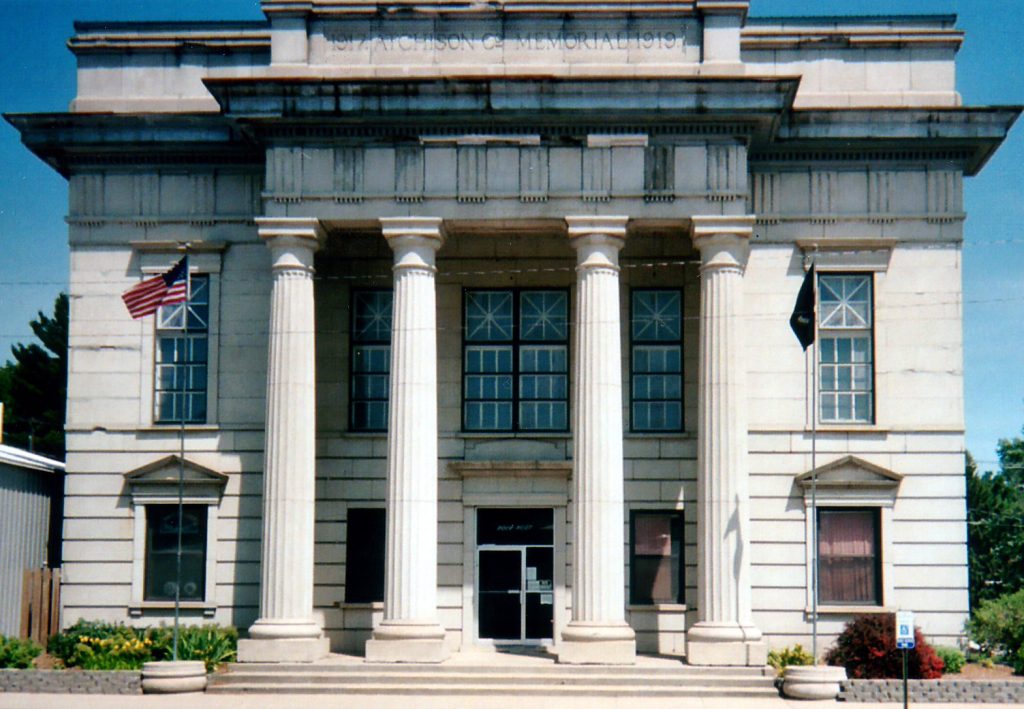 A recent case from the Fifth Circuit Court of Appeal for the State of Louisiana demonstrates the importance of ensuring a client has all relevant evidence before proceeding with a lawsuit. Although the Plaintiffs eventually had all sanctions dropped for “pursuing a meritless case”, they could have saved a lot of time and effort had they properly investigated all of the facts prior to filing the lawsuit.
A recent case from the Fifth Circuit Court of Appeal for the State of Louisiana demonstrates the importance of ensuring a client has all relevant evidence before proceeding with a lawsuit. Although the Plaintiffs eventually had all sanctions dropped for “pursuing a meritless case”, they could have saved a lot of time and effort had they properly investigated all of the facts prior to filing the lawsuit. Recently, the Louisiana Fifth Circuit Court of Appeals increased a trial court’s award of damages to a plaintiff in a negligence action against Walgreens. Negligence involves showing the court that one person (or company) failed to do their duty—and as a result, someone was hurt. In this case, Peggy Williams asked her son Derrick to pick up a medication for her from the Walgreens pharmacy in Gretna. Walgreens’ pharmacist handed Derrick another person’s medication, and Ms. Williams took the pills without noticing the mistake. As a result, she suffered several strokes and long-term loss of physical capacity. The jury found that Ms. Williams and her son were 40% at fault, and that Walgreens was 60% at fault for the harms Ms. Williams suffered.
Recently, the Louisiana Fifth Circuit Court of Appeals increased a trial court’s award of damages to a plaintiff in a negligence action against Walgreens. Negligence involves showing the court that one person (or company) failed to do their duty—and as a result, someone was hurt. In this case, Peggy Williams asked her son Derrick to pick up a medication for her from the Walgreens pharmacy in Gretna. Walgreens’ pharmacist handed Derrick another person’s medication, and Ms. Williams took the pills without noticing the mistake. As a result, she suffered several strokes and long-term loss of physical capacity. The jury found that Ms. Williams and her son were 40% at fault, and that Walgreens was 60% at fault for the harms Ms. Williams suffered.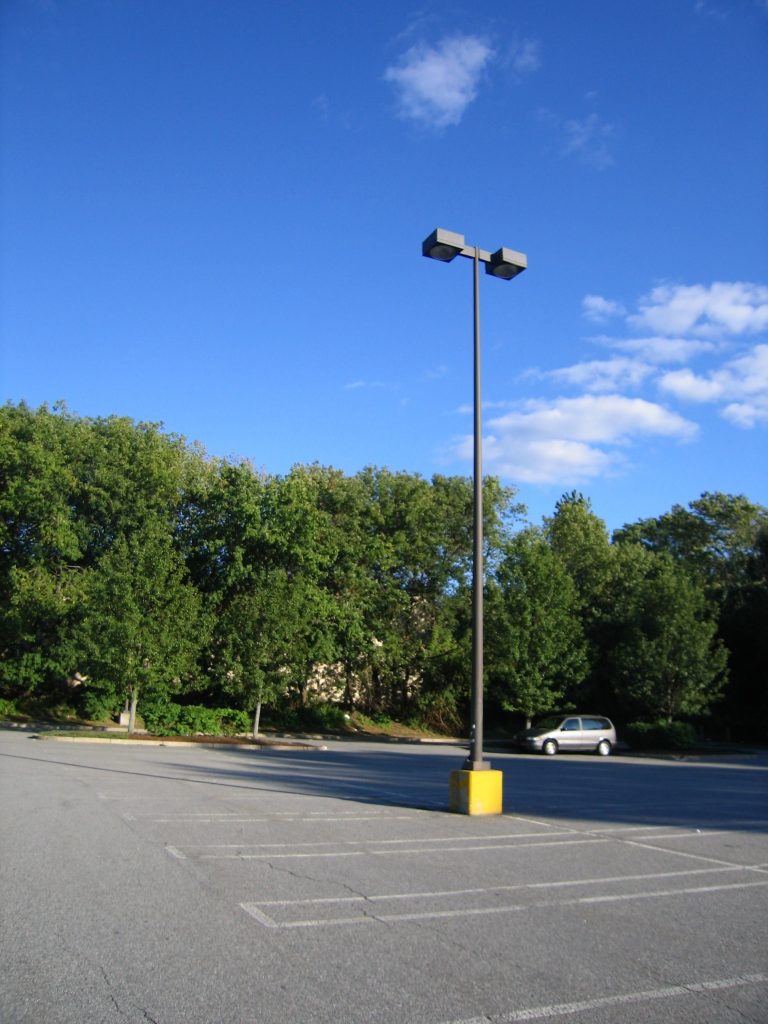 When a person is injured and they file a lawsuit to recover damages for their injuries, they expect to “have their day in court,” to be able to present their case and all of the facts and evidence that support their case. But what if the other side argues that there is no real disagreement about the facts and that the facts do not support the injured party’s claim? A judge can decide early on in a lawsuit that there is no real question about a material fact and that reasonable persons would come to the same conclusion when considering the facts. This is what happened to Mr. Salvadore Tramuta when he filed suit for personal injuries in Jefferson Parish, Louisiana.
When a person is injured and they file a lawsuit to recover damages for their injuries, they expect to “have their day in court,” to be able to present their case and all of the facts and evidence that support their case. But what if the other side argues that there is no real disagreement about the facts and that the facts do not support the injured party’s claim? A judge can decide early on in a lawsuit that there is no real question about a material fact and that reasonable persons would come to the same conclusion when considering the facts. This is what happened to Mr. Salvadore Tramuta when he filed suit for personal injuries in Jefferson Parish, Louisiana. Insurance companies are coming under increasing pressure due to the recent proliferation of natural disasters in the United States. For an insurance company, navigating the boundary between legitimate and bad faith denial of claims can be a very risky business. However, courts are providing more and more guidance for insurers of companies who find themselves targeted by disaster. Recently, in
Insurance companies are coming under increasing pressure due to the recent proliferation of natural disasters in the United States. For an insurance company, navigating the boundary between legitimate and bad faith denial of claims can be a very risky business. However, courts are providing more and more guidance for insurers of companies who find themselves targeted by disaster. Recently, in 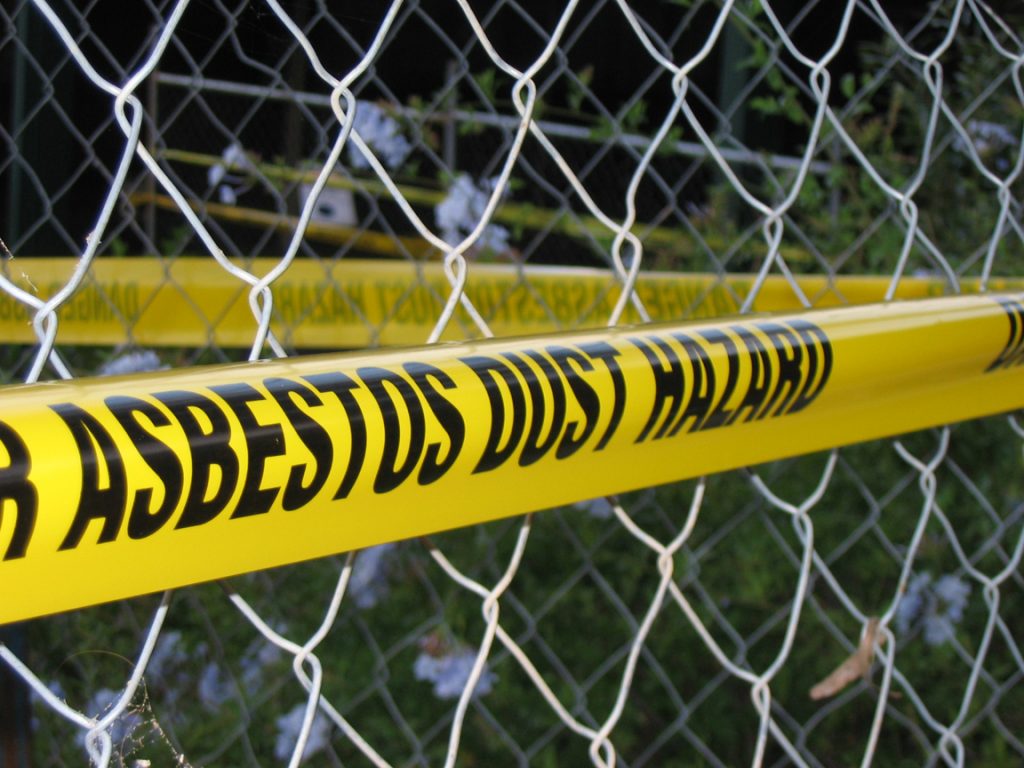 Insurance agreements often include a provision stating that the insurance company will defend their client or absorb the cost of defending if the client is sued. Eagle Incorporated – a New Orleans based provider of drywall, insulation, plaster, and other building materials – was previously insured by OneBeacon Insurance Company (OneBeacon) and United States Fidelity and Guaranty Company (USFG). Both of the insurance companies issued policies covering legal defense costs. That insurance paid off for Eagle when an employee sued for injury sustained from prolonged exposure to asbestos over his twenty-one years of employment.
Insurance agreements often include a provision stating that the insurance company will defend their client or absorb the cost of defending if the client is sued. Eagle Incorporated – a New Orleans based provider of drywall, insulation, plaster, and other building materials – was previously insured by OneBeacon Insurance Company (OneBeacon) and United States Fidelity and Guaranty Company (USFG). Both of the insurance companies issued policies covering legal defense costs. That insurance paid off for Eagle when an employee sued for injury sustained from prolonged exposure to asbestos over his twenty-one years of employment.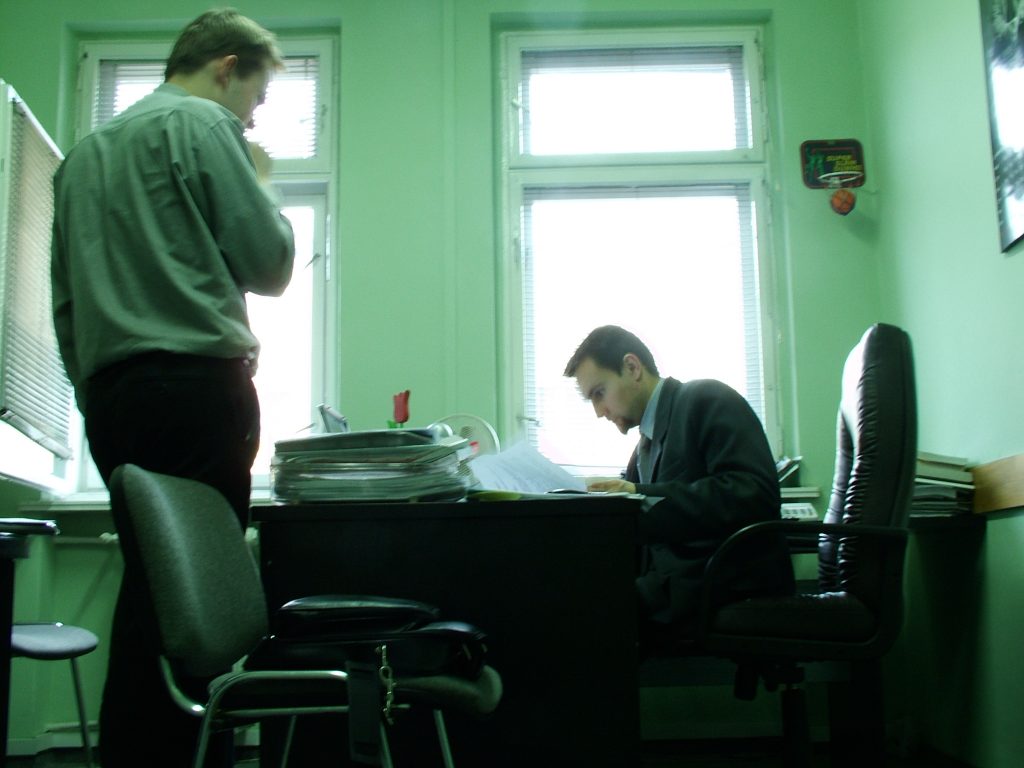 The last thing that you want to do after dealing with litigious matters is have to hire more lawyers. However, if you believe your lawyer committed legal malpractice thats exactly what you will be forced to do. Lawsuits containing claims of legal malpractice are taken very seriously by the courts presiding over them. Very strict timelines dictate when you must file a lawsuit alleging legal malpractice and if your not careful your case could be dismissed before it gets started. A recent case out of the Louisiana Fourth Circuit Court of Appeal discusses a lower courts ruling in a legal malpractice lawsuit in favor of Defendants, Romauldo Gonzalez, Sr., and the Law Offices of Romauldo Gonzalez, L.L.C. d/b/a Braden Gonzalez and Associates (collectively, “Mr. Gonzalez”) based on prescription arguments.
The last thing that you want to do after dealing with litigious matters is have to hire more lawyers. However, if you believe your lawyer committed legal malpractice thats exactly what you will be forced to do. Lawsuits containing claims of legal malpractice are taken very seriously by the courts presiding over them. Very strict timelines dictate when you must file a lawsuit alleging legal malpractice and if your not careful your case could be dismissed before it gets started. A recent case out of the Louisiana Fourth Circuit Court of Appeal discusses a lower courts ruling in a legal malpractice lawsuit in favor of Defendants, Romauldo Gonzalez, Sr., and the Law Offices of Romauldo Gonzalez, L.L.C. d/b/a Braden Gonzalez and Associates (collectively, “Mr. Gonzalez”) based on prescription arguments.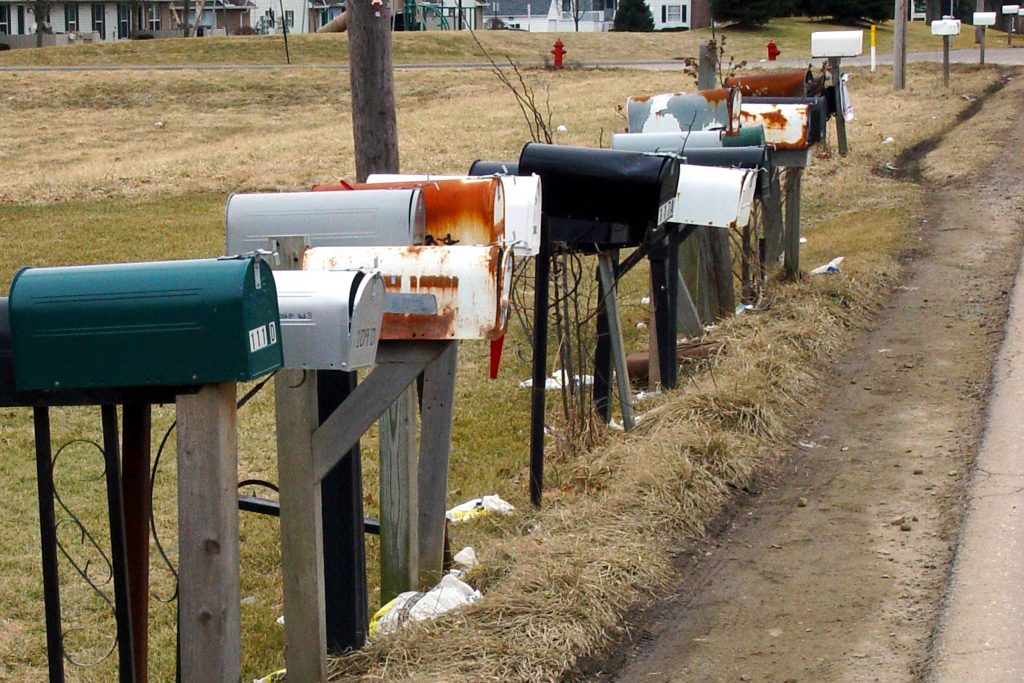 In order to file an insurance claim you first must have insurance coverage. It’s important that you stay aware of the renewal dates for the continuation of coverage so that you do not end up losing out on critical insurance payments in times of crisis. In certain situations it’s your insurance company or agent’s duty to notify you that your coverage has lapsed. A recent case involving a homeowners insurance policy for a property located on Lafourche Street in New Orleans discusses the burden of proof necessary to justify a homeowner’s claims of improper notification of nonrenewal by his insurance agent.
In order to file an insurance claim you first must have insurance coverage. It’s important that you stay aware of the renewal dates for the continuation of coverage so that you do not end up losing out on critical insurance payments in times of crisis. In certain situations it’s your insurance company or agent’s duty to notify you that your coverage has lapsed. A recent case involving a homeowners insurance policy for a property located on Lafourche Street in New Orleans discusses the burden of proof necessary to justify a homeowner’s claims of improper notification of nonrenewal by his insurance agent.